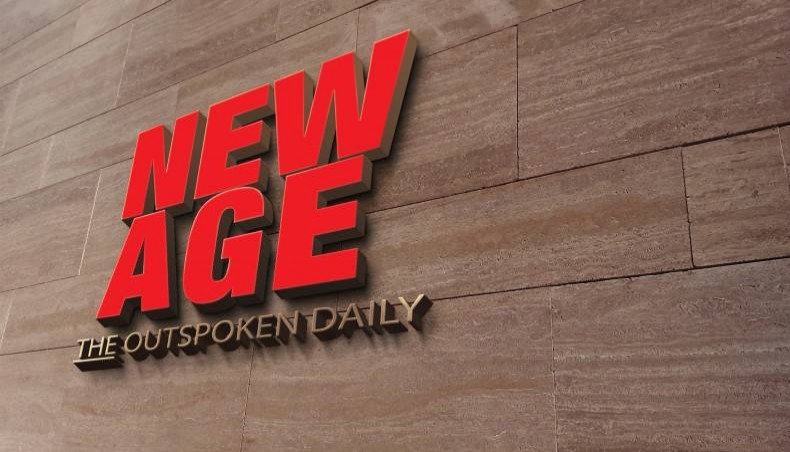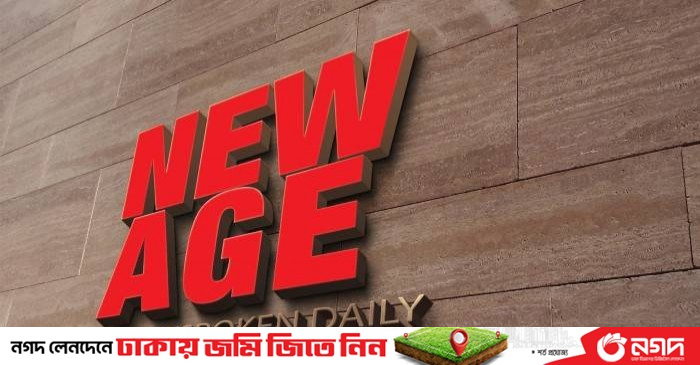
In January 2024, the Bangladesh Bank issued the monetary policy for the second half of the 2023–24 financial year. In it, the central bank aims to adopt a crawling peg to curb exchange rate volatility, raise the policy interest rate, and restrain private sector credit growth to combat inflation.
To counter the persistent inflationary pressure, the Bangladesh Bank has confirmed its commitment to a contractionary policy stance during the second half of FY24 (January–June), with the aim of reducing inflation to 7.5 per cent.
This year, the main theme of the monetary policy is to strengthen the local currency, which means controlling inflation and providing relief to the people of the country.
Inflation has been hovering around 9 per cent, with food inflation soaring to as high as 12.54 per cent in August 2023 — the highest level in the past 13 years, according to the Bangladesh Bureau of Statistics.
The new monetary policy statement also said that to tackle inflation, the Bangladesh Bank would implement a crawling peg system to regulate unusual fluctuations in the foreign exchange rate value.
The crawling peg is a system of exchange rate adjustments in which a currency with a fixed exchange rate is allowed to fluctuate within a band of rates. It helps control currency moves, usually during threats of devaluation. The purpose of crawling pegs is to provide stability.
The taka against the dollar maintains alignment with the market rate, supported by assessments using the Real Effective Exchange Rate Index and internal evaluations. While the taka experienced a marginal depreciation from July to December 2023 compared to the same period the previous year, it stood at 110.00 a dollar as of December 31, 2023.
This positioning remains broadly competitive among peer countries, reflected by the relative gravity of the recent depreciation of the taka vis-à-vis peer countries’ currencies.
But one of the main objectives of present monetary policy is to tighten the money supply. For the tightening of the money supply, the central bank usually applies techniques to increase the repo rate or policy rate. Currently, the central bank has increased the repo rate to 8.00 per cent. A repo rate increase means that the taka will be more expensive and inflation will decrease.
Monetary policy also stated that the central bank today cut the private sector credit growth target to 10 per cent from 11 per cent.wh
Considering both the public and private sectors, domestic credit growth is projected to grow by 13.9 per cent by the end of June 2024.
In the meantime, to control inflation, Bangladesh Bank introduced a currency swap on February 15, 2024, with a minimum of seven days and a maximum of 90 days. Currency swaps were originally done to get around exchange control and governmental limitations on the purchase and/or sale of currencies. Although nations with weak or developing economies generally use foreign exchange controls to limit speculation against their currencies, most developed economies have eliminated controls nowadays.
The scheduled banks of the country have been suffering from liquidity crises since the Covid pandemic. This is mainly because the scheduled banks have been purchasing the dollar from the central bank to meet the import payment.
Bangladesh Bank has sold more than $9 billion to the scheduled banks in the first seven months of this financial year. The reason why the taka has gone to the vault of the central bank and the dollar has been brought to the scheduled bank vaults and accounts.
The scheduled banks that have foreign currencies in their Nostro accounts — accounts held in another country by a domestic bank, denominated in the currency of the overseas country — can exchange them with local currency to meet up with their daily operations.
Here, the scheduled banks that have dollars in their Nostro accounts’ balance can easily take advantage of this benefit.
On the other hand, commercial banks can deposit their deposited dollars into the central bank, exchanging Tk 110 per dollar within a specified time. But if these commercial banks want to buy this dollar from the open market, they may need to buy at a high rate.
Only the scheduled banks that have dollars in their vaults and Nostro accounts can avail of these opportunities for returning a dollar in exchange for Tk 110 plus 2.75 per cent interest annually. The rest of the banks that don’t have dollars are availing of liquidity facilities at an 8 per cent repo rate.
The present currency swap system can mitigate the reserve pressure a little bit, but it is fully contradictory to the present monetary policy.
Commercial banks are desperately seeking taka in exchange for dollars. It has been shown that after launching the currency swap system, the commercial banks have availed of the Tk 65.0 billion facility within three days. The impact of this Tk 65.0 billion is huge in the banking sector and macroeconomics, which is known as the money multiplier.
As of January 8, 2024, the money multiplier rate of the country was Tk 5.45. In this regard, Tk 65.0 billion will generate Tk (65×5.45) = 354.25 billion.
A higher value of the money multiplier rate demonstrates that the banking system generates a higher money supply out of the money provided by the Bangladesh Bank.
The money multiplier rate is a vital matter in macroeconomics because it regulates the amount of money in circulation, affecting interest rates. It is important in the banking sector as well because it shocks monetary policy and the cohesion of the banking sector.
Actually, people don’t want to know the increase or decrease of the reserves of the country; they desire the inflation to fall and the commodities to come within their purchasing power.
Besides, all commercial banks don’t have Nostro accounts. Even if the balance of Nostro accounts is small for some commercial banks, this will result in inequal competition in the banking sector.
The weak banks will become weaker. Finally, they will have to merge themselves with a strong or good one.
Md Badrul Millat Ibne Hannan works at Islami Bank Bangladesh Plc.


















